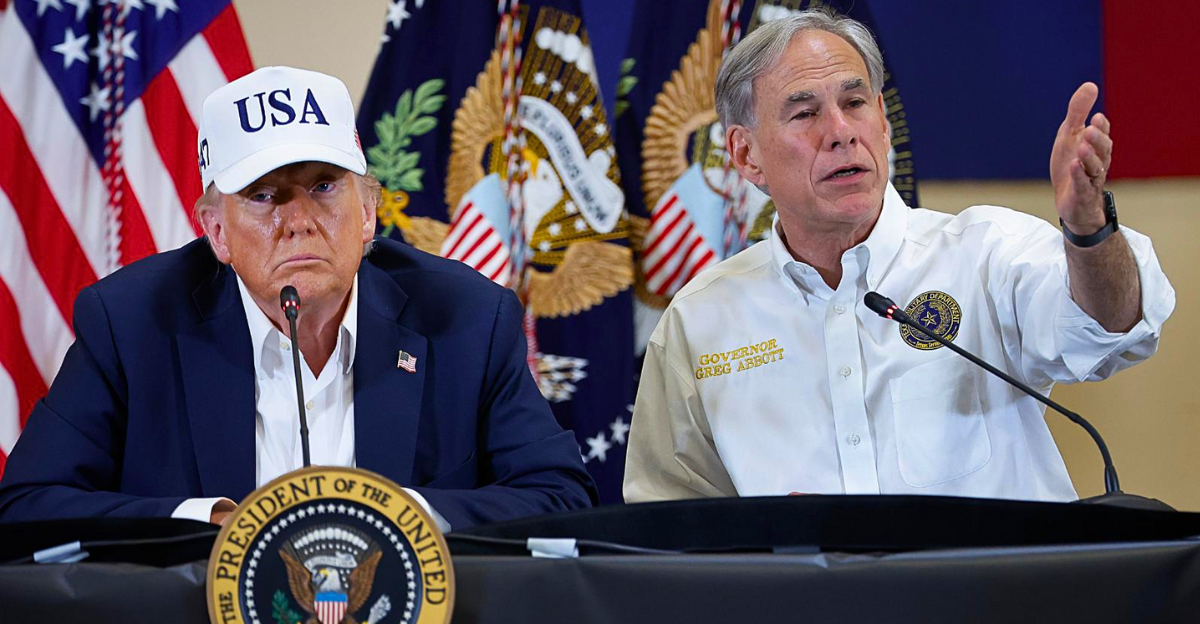
On August 4, 2025, the Texas House took an extraordinary step by issuing civil arrest warrants for 62 Democratic lawmakers who fled the state. The mass exodus blocked a quorum, halting a controversial GOP-led redistricting bill.
“This is not normal,” one political analyst told The Dallas Morning News, emphasizing how rare such measures are in modern U.S. politics. The standoff drew national attention, as state troopers were directed to locate and return the absent legislators to the Capitol, intensifying partisan tensions in one of the country’s most closely watched states.
Redistricting Sparks a High-Stakes Walkout
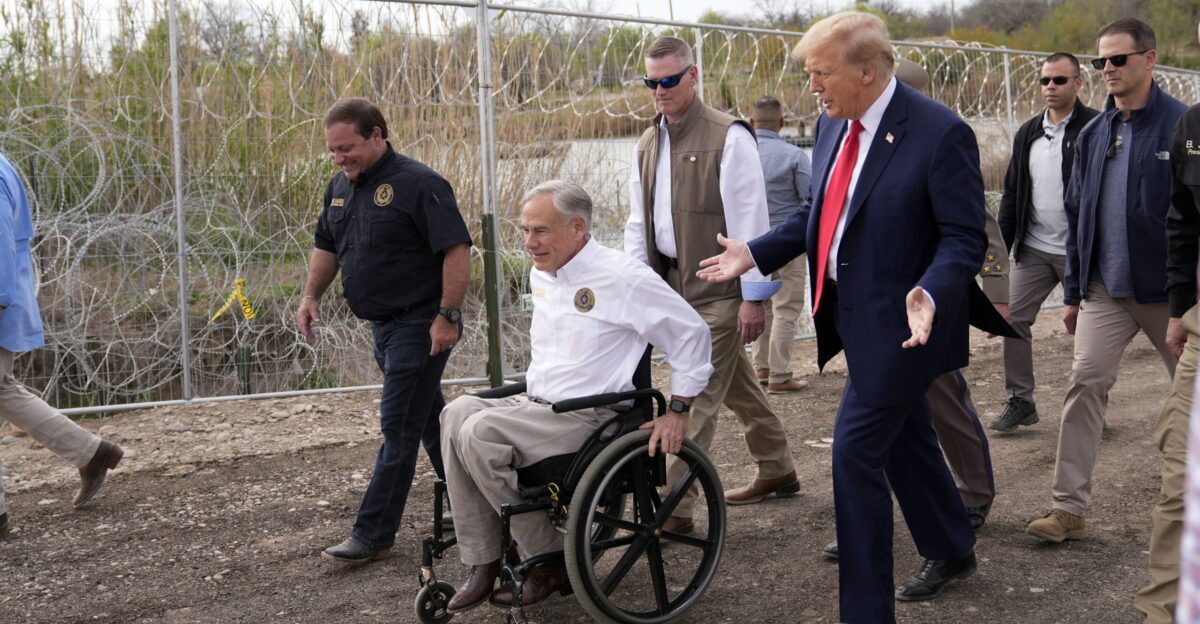
The walkout was in direct response to a redistricting map supported by Governor Greg Abbott and President Donald Trump. Republicans say the proposal aligns with census data and meets legal standards. Democrats, however, allege the map is engineered to secure at least five additional GOP-leaning congressional seats.
Democratic Rep. Rafael Anchia argued the redistricting plan “amounts to a power grab,” warning it could significantly influence the outcome of the 2026 midterms and shift control of the U.S. House of Representatives.
How a Quorum Break Shuts Down Lawmaking

Under Texas House rules, two-thirds of members must be present to conduct official business. By leaving the state, Democrats denied Republicans the quorum needed to pass legislation. Known as a “quorum break,” the tactic has deep roots in Texas history.
Legal scholar Mark Jones of Rice University noted in a July interview that such moves are legal but politically risky and often signal deep legislative dysfunction. Republicans say the maneuver holds up unrelated bills, including disaster relief.
GOP Authorizes Civil Arrests to Force Return

In response to the stalled session, House Republicans, led by Speaker Dustin Burrows, voted to issue civil arrest warrants. State law permits the House to compel attendance, allowing the sergeant-at-arms or law enforcement to detain absent members and return them to the chamber.
“We will not allow democracy to be held hostage,” Burrows said during a press briefing. Although these are not criminal arrests, they’re enforceable within Texas, raising concerns about legislative overreach and the balance of powers.
Abbott Says Lawmakers Are “Derelict in Duty”
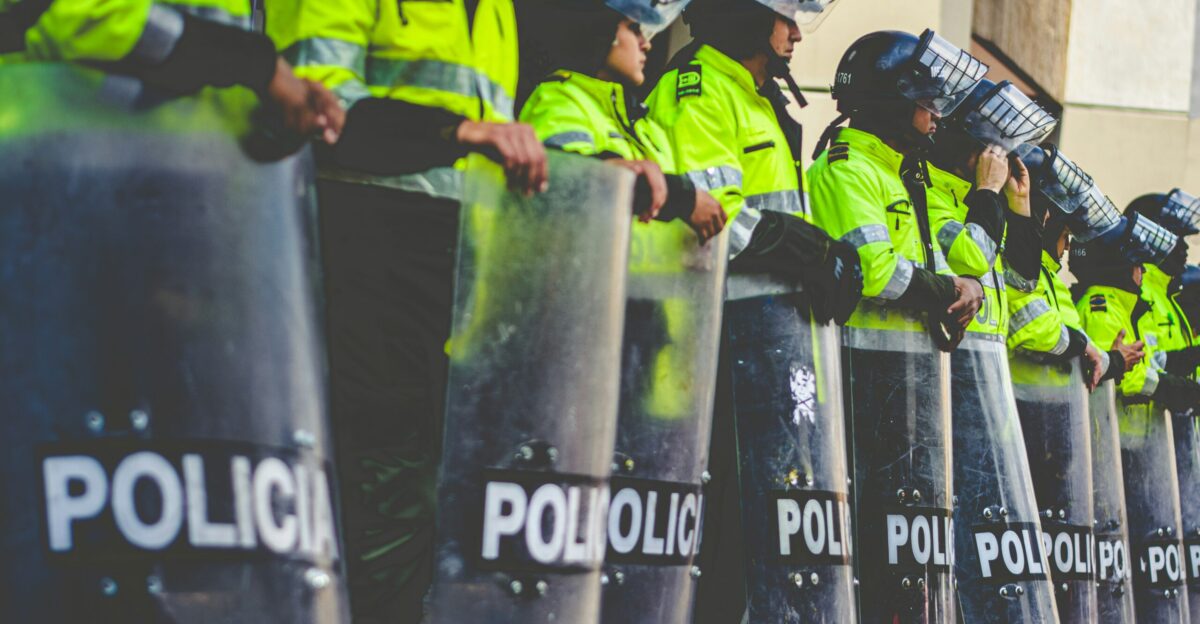
Governor Abbott condemned the Democrats’ departure, accusing them of dereliction of duty. In a public statement, he claimed their actions blocked essential legislation, including flood mitigation and property tax relief.
He instructed the Texas Department of Public Safety to carry out the warrants, saying the order would remain in effect until all members were returned. “This won’t end until the job is done,” Abbott said, doubling down on his push to complete redistricting before the 2026 cycle.
Arrest Warrants Limited by State Lines
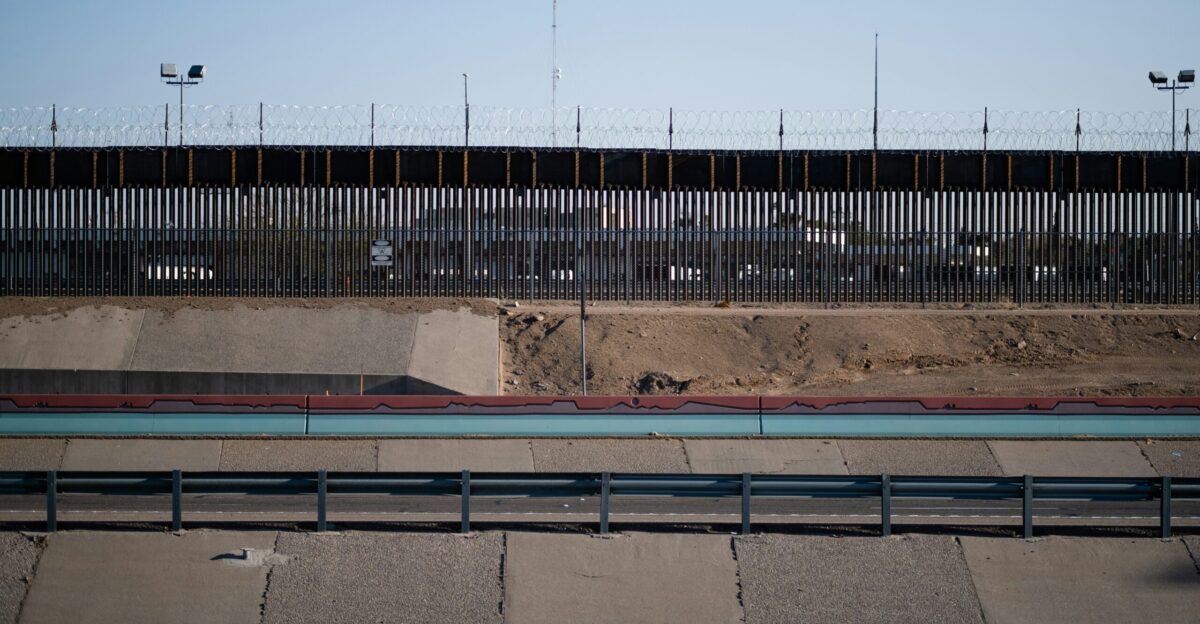
Photo by Levi Meir Clancy on Unsplash
Though the warrants carry the weight of state law, they don’t extend beyond Texas borders. Most lawmakers sought refuge in states like Illinois and New York, where Texas authorities have no jurisdiction. Officials in those states have stated they will not cooperate.
Legal experts like constitutional attorney Charles Rhodes note that civil detainment cannot cross state lines unless the lawmakers voluntarily return, making the enforcement largely symbolic unless members re-enter Texas.
Democrats Dig In: “Come and Take It”
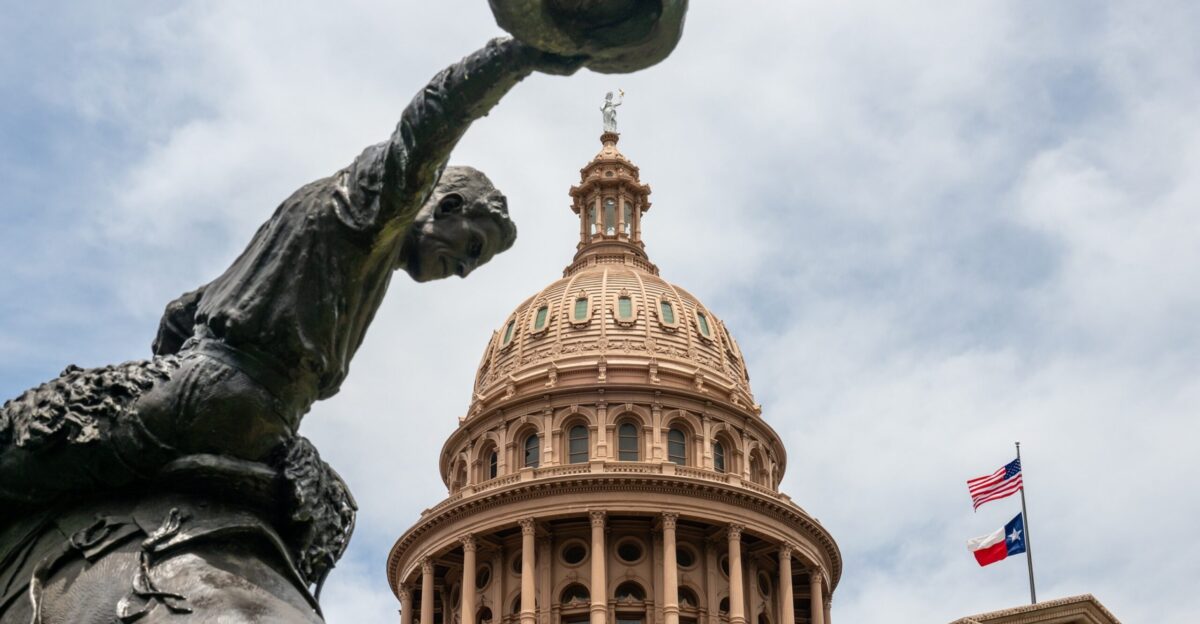
Texas Democrats have adopted a defiant tone. “Come and take it,” the caucus posted on social media, referencing a historic Texas slogan. Rep. Ana-Maria Ramos said the lawmakers were using “every tool available to uphold democracy,” insisting they are within their legal rights.
Several legislators have stated they would accept peaceful arrest if necessary, but they won’t back down from protesting what they call manipulated map-making.
Trump Calls for Federal Intervention
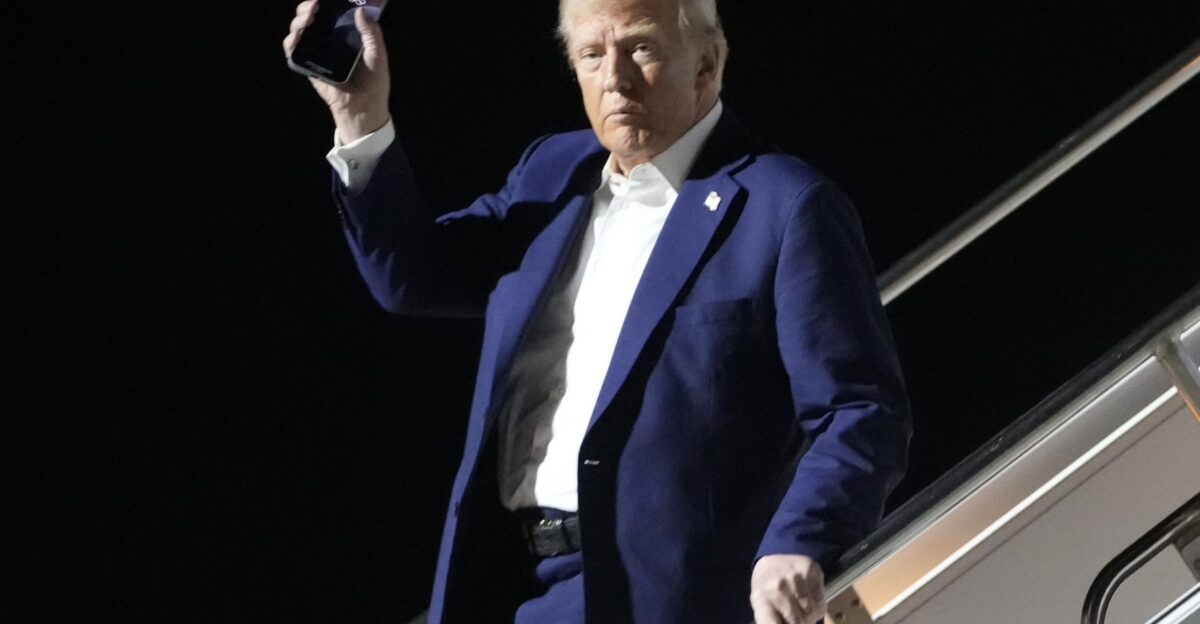
President Trump suggested that federal agencies should intervene to help enforce the warrants. In a statement posted on Truth Social, Trump accused the Democrats of “obstructing the will of the people.” Texas Senator John Cornyn echoed this, urging the FBI to assist in returning the lawmakers.
However, former federal prosecutor Barbara McQuade explained to MSNBC that the FBI does not typically enforce civil legislative matters, making any federal involvement unlikely.
AG Paxton Threatens Felony Charges
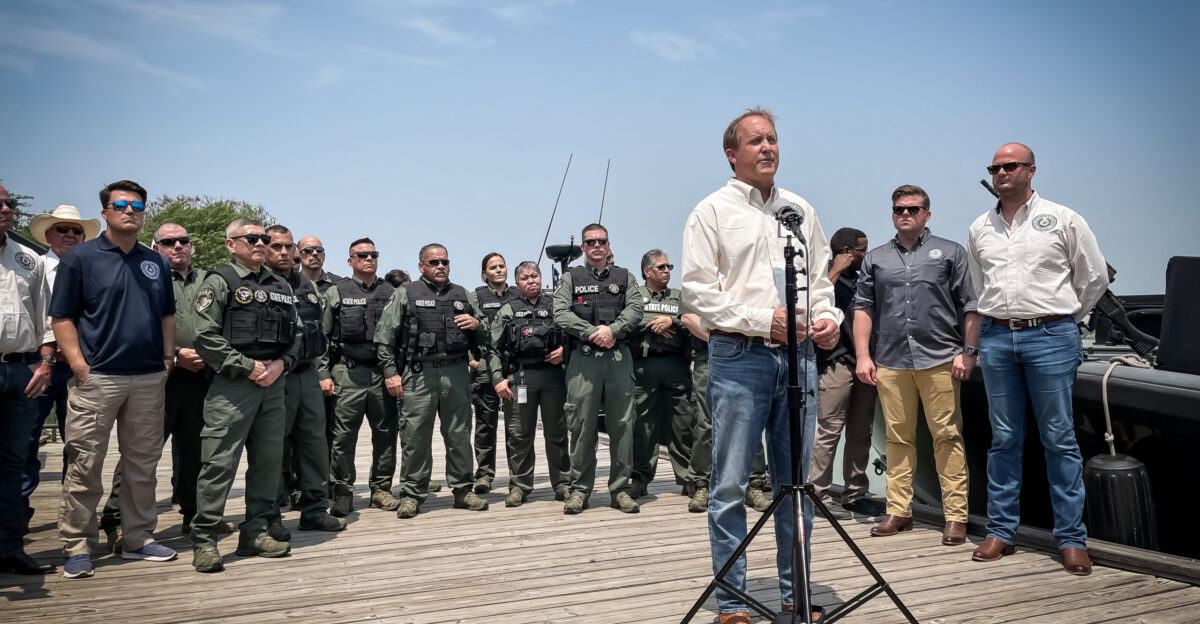
Attorney General Ken Paxton has escalated the situation, threatening possible felony charges. He warned that lawmakers accepting donations to pay off their $500 daily fines may violate Texas bribery laws.
“We will explore every legal avenue,” Paxton said in a press release. While no charges have yet been filed, the threat adds legal uncertainty to a standoff already pushing the limits of state legislative authority.
Lawmakers Face Mounting Financial Pressure
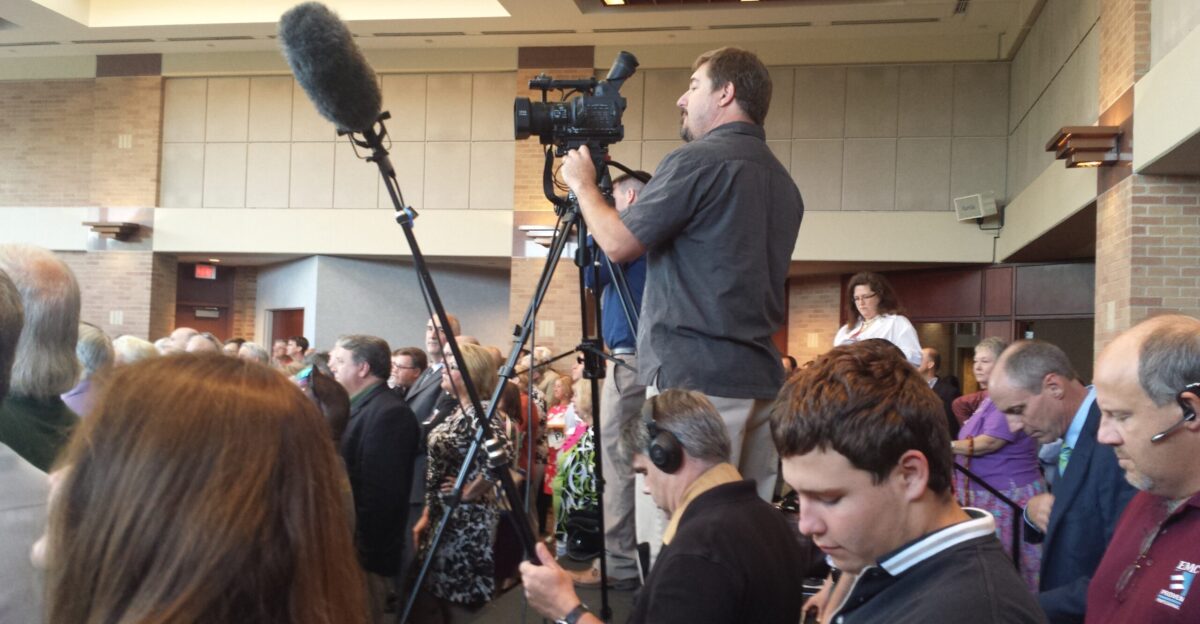
Each absent lawmaker faces a civil fine of $500 per day missed. With more than 60 members out, the collective penalties could exceed $300,000 in 10 days. Speaker Burrows has said fines will continue until the lawmakers return.
While some Democrats have fundraised online to offset costs, legal ambiguity around using such funds has left many reluctant to accept financial help, citing Paxton’s warnings.
Redistricting Could Shift Power in Washington
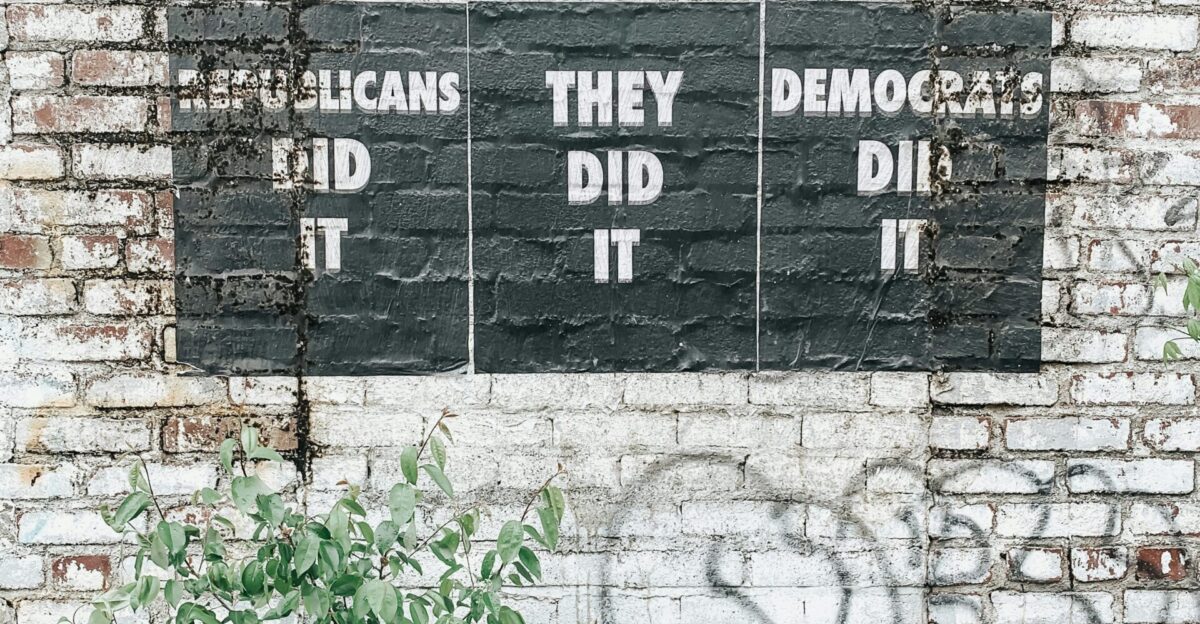
The dispute centers on a redistricting plan that could reshape national politics. If passed, it would give Republicans an estimated five additional congressional seats in Texas.
Political analyst Amy Walter noted on PBS NewsHour that such a shift could be pivotal in determining which party controls the House in 2026. Even small changes carry outsized consequences with the GOP already holding a slim majority.
Quorum Busting Isn’t New in Texas
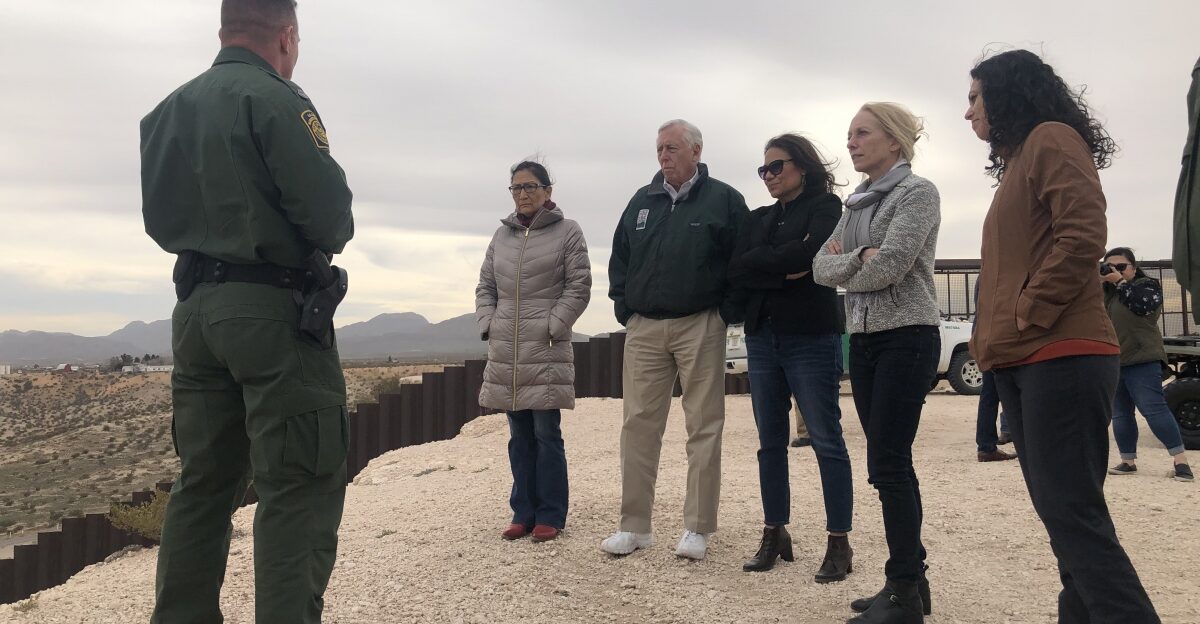
Texas lawmakers have repeatedly used quorum-busting to stall legislation. In 2003, 52 Democratic House members left the state for Ardmore, Oklahoma, to protest a redistricting plan they said would unfairly benefit Republicans. State troopers were even dispatched to locate them.
In 2021, over 50 Democratic legislators flew to Washington, D.C., aiming to block a restrictive voting bill. Their absence halted state House proceedings for weeks and drew national attention, as they urged Congress to pass federal voting protections.
Historian Jeremi Suri of the University of Texas described these events as part of Texas’s political DNA, though he acknowledged that the scale and stakes in 2025 are unprecedented.
Democratic Governors Refuse to Comply

Democratic governors in states where the lawmakers fled have said they won’t enforce Texas warrants. Illinois Governor J.B. Pritzker called the situation “a legislative matter, not a law enforcement one.”
Massachusetts officials issued similar statements. Without interstate cooperation, Texas officials remain limited in their ability to physically return lawmakers to Austin, unless the members voluntarily cross back into the state.
Social Media Becomes a Battleground

Both parties have taken their fight to social media. Governor Abbott and Attorney General Paxton have used X to condemn Democrats, accusing them of abandoning their constituents. Meanwhile, Democrats have posted videos from undisclosed locations, framing their protest as a stand for voting rights.
Public opinion appears divided, with Texans split along party lines over whether the walkout is obstruction or civic resistance.
Legislative Work at a Standstill

With the House unable to meet quorum, no bills are being passed, including emergency funding for flood recovery and rising utility costs. Speaker Burrows warned that the longer the impasse lasts, the more Texans suffer.
Republican leadership has floated the possibility of further increasing penalties or taking legal action against the lawmakers’ staff who assist the protest. Democrats argue that the blame lies with the redistricting push, not their absence.
Are Arrests Political Theater?
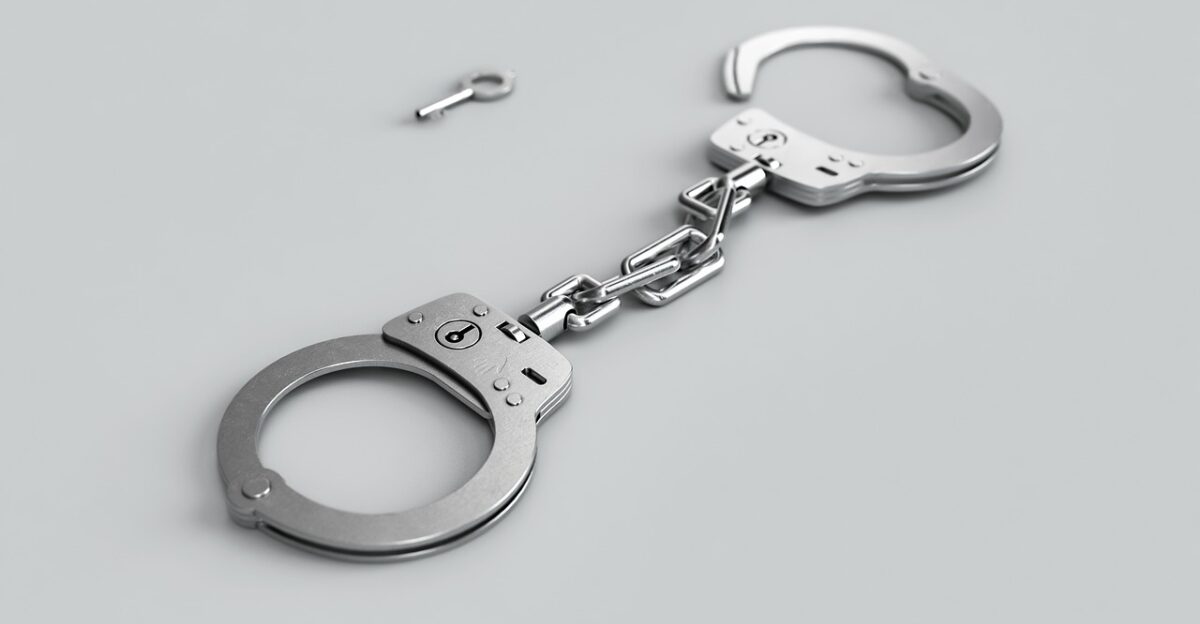
Many legal scholars say the arrest orders are primarily symbolic. University of Houston law professor Tony Colman told Texas Monthly that the warrants act more as a political message than a legal one.
However, should any absent member re-enter Texas, they could be detained and returned to the Capitol floor. While this hasn’t yet occurred, state troopers have reportedly been stationed at airports and border crossings.
A Broader Crisis in American Governance

The Texas standoff reflects a national trend of procedural brinkmanship. As political divisions deepen, minority parties in several states have used walkouts or legislative boycotts to block laws. Critics warn this undermines the democratic process, while supporters say it’s a last line of defense against unchecked power.
The outcome in Texas could set a precedent for how far either party is willing to go in the face of legislative defeat.
Redistricting Fights Intensify Nationwide

Redistricting remains one of the most politically charged processes in American politics. With courts increasingly hesitant to block partisan gerrymanders, statehouses have become battlegrounds. Similar fights are brewing in states like Ohio, Georgia, and Florida.
Texas’s example could embolden other minority parties to take dramatic action or spark moves to curb such walkouts through law or constitutional amendment.
Will the Walkout Work?
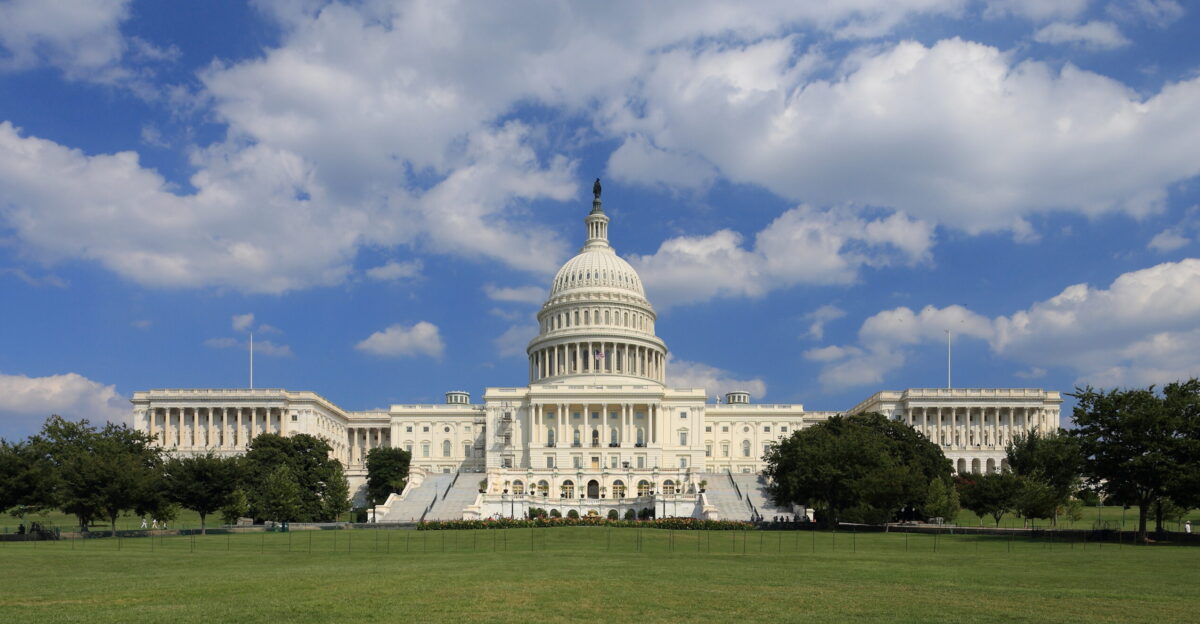
Whether Texas Democrats will succeed remains unclear. Past walkouts have led to compromises, but many have simply delayed votes. Republicans, backed by Trump and Abbott, appear determined to pass the redistricting bill.
Some lawmakers have hinted they may return if the fines grow unmanageable, but most remain firm. “We’re standing on principle,” Rep. James Talarico told local media, though he admitted the standoff couldn’t last forever.
A Constitutional Crisis With No End in Sight

Texas remains locked in a high-stakes stalemate. With the House unable to operate, the redistricting bill frozen, and dozens of lawmakers still out of state, the Capitol is at a standstill. Legal and constitutional questions surrounding enforcement, funding, and legislative authority are piling up.
As both sides dig in, the outcome of this impasse could extend far beyond Texas, reshaping not only the state’s political future but also the balance of power in Congress heading into 2026.






